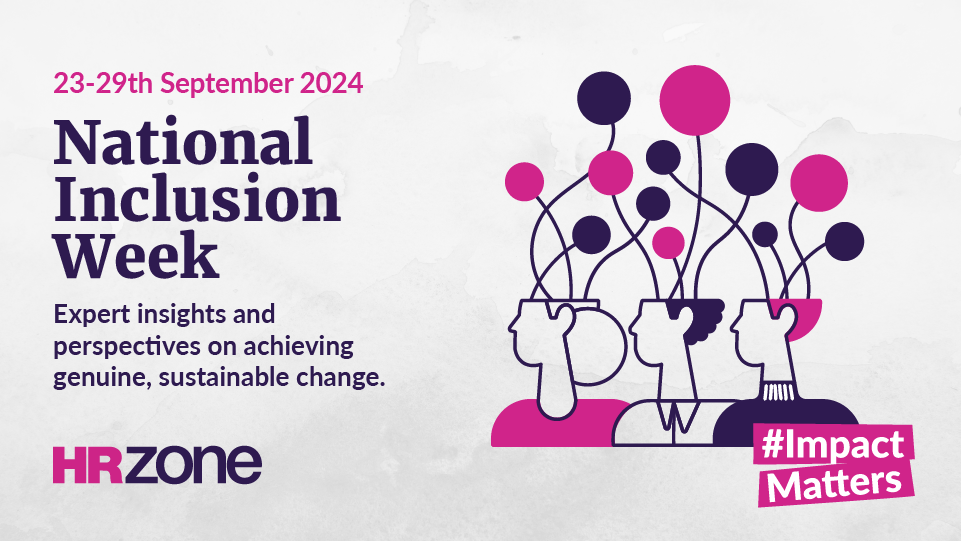This article is part of an HRZone series recognising National Inclusion Week 2024: #ImpactMatters
The story of rabbi Hillel nicely illustrates the wisdom of empathy:
Over two thousand years ago, a man asked rabbi Hillel and rabbi Shammai the same question: Can you teach me the Torah while I stand on one leg? (meaning, of course, in a very short time).
The passionate and irascible Shammai sent him away, as it was a ridiculous question to him.
Patient Hillel, however, answered, “What is hateful to you, you do not do to your fellow: this is the whole Torah, the rest is explanation; go and learn “.
Hillel proffered what we mostly describe as The Golden Rule …. Do unto others, as you would be done by, and it lies at the heart of empathy. It is the ability to see other’s needs as important as your own and act upon that.
Balance
In business, it’s not always possible to put other’s needs above the organisational needs. However much we might want to do. Leadership is about balancing different priorities to reach the best and most desired outcome.
But taking care of people, and their needs, wherever it is possible to do so, will always result in better relationships, a happier workforce, and therefore a more dedicated staff who will go the extra mile to help you achieve your goals. In other words, be as inclusive as possible.
Building an inclusive culture in the workplace will help create an environment where diverse perspectives are valued. The more we use inclusive skills, the more we will foster a sense of belonging.
If we try to embrace differences such as race, gender, ability, and culture rather than overlook or marginalise them, we will get the absolute best from people. And, at the end of the day, is what successful leadership is all about.
This is where soft skills come in.
Active listening should be your most important tool:
What do people really think?
What motivates them?
What are they really good at?
How do they learn best?
It’s a hard skill to master, as there are so many thoughts flying around our heads during a conversation, but with practice, and thought given to it afterwards, it’s possible to really start to understand someone and begin to empathise with them.
At Pride365, our ethos is Don’t call people out, invite them in. See what people do well, and help them get better where needed. Help them feel included and valued.
Balancing the demands of management can be complex.
We need our direct reports to respect us, and to deliver on their objectives, and with a thousand tasks to complete in a day it can be hard to take the time to talk to people as much as we would like to.
But when an employee feels that they have been heard, and can sense that empathy, your job has suddenly become easier. Because now you’re on the way to a better understanding and a more productive working relationship.
So, try asking a few more questions when you are delegating, and really listen to what you’re hearing. Just a couple of minutes might make a big difference in the outcome.







